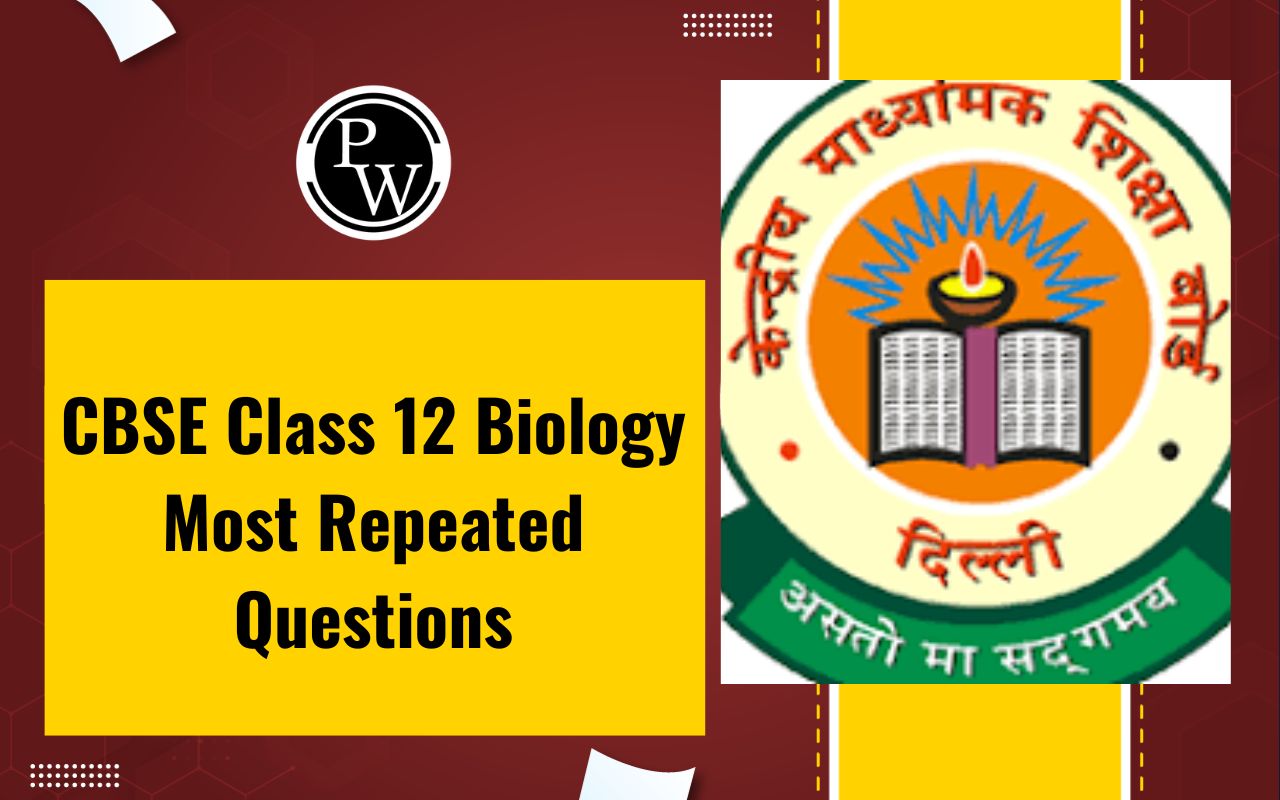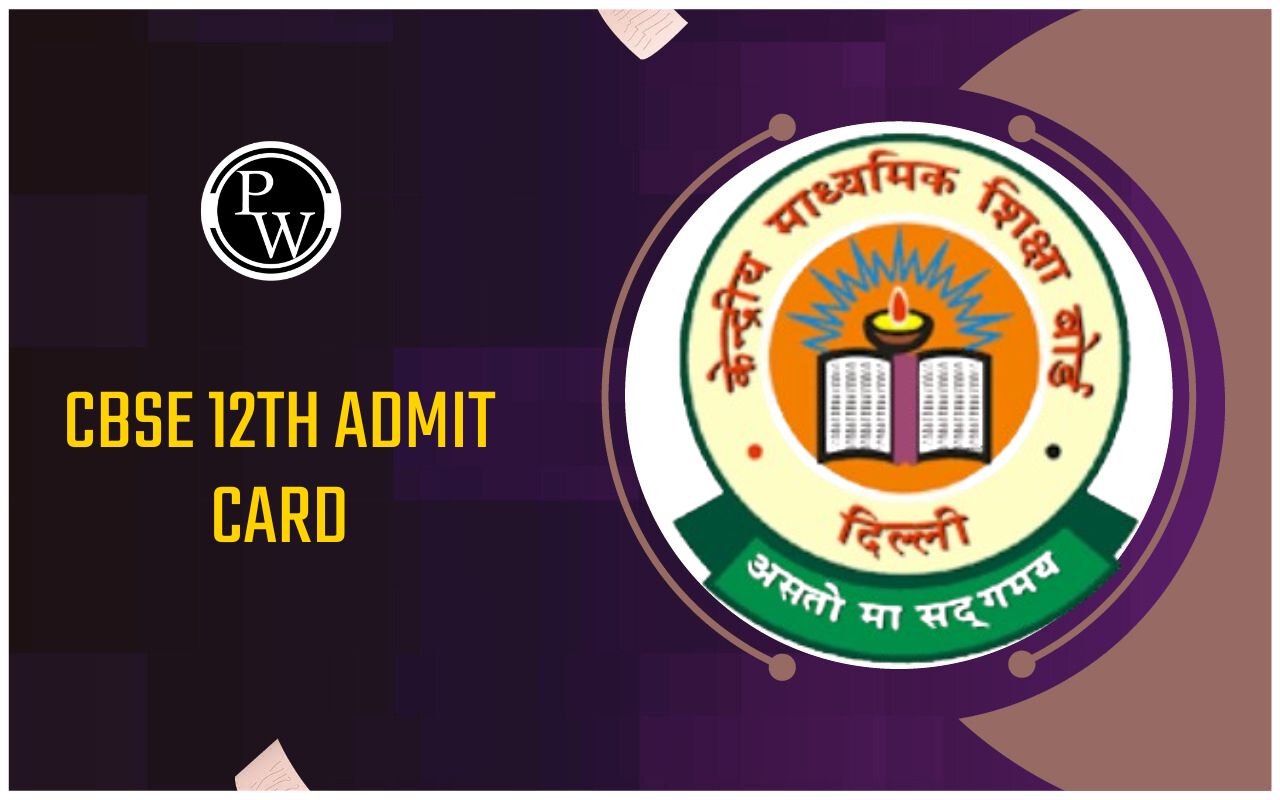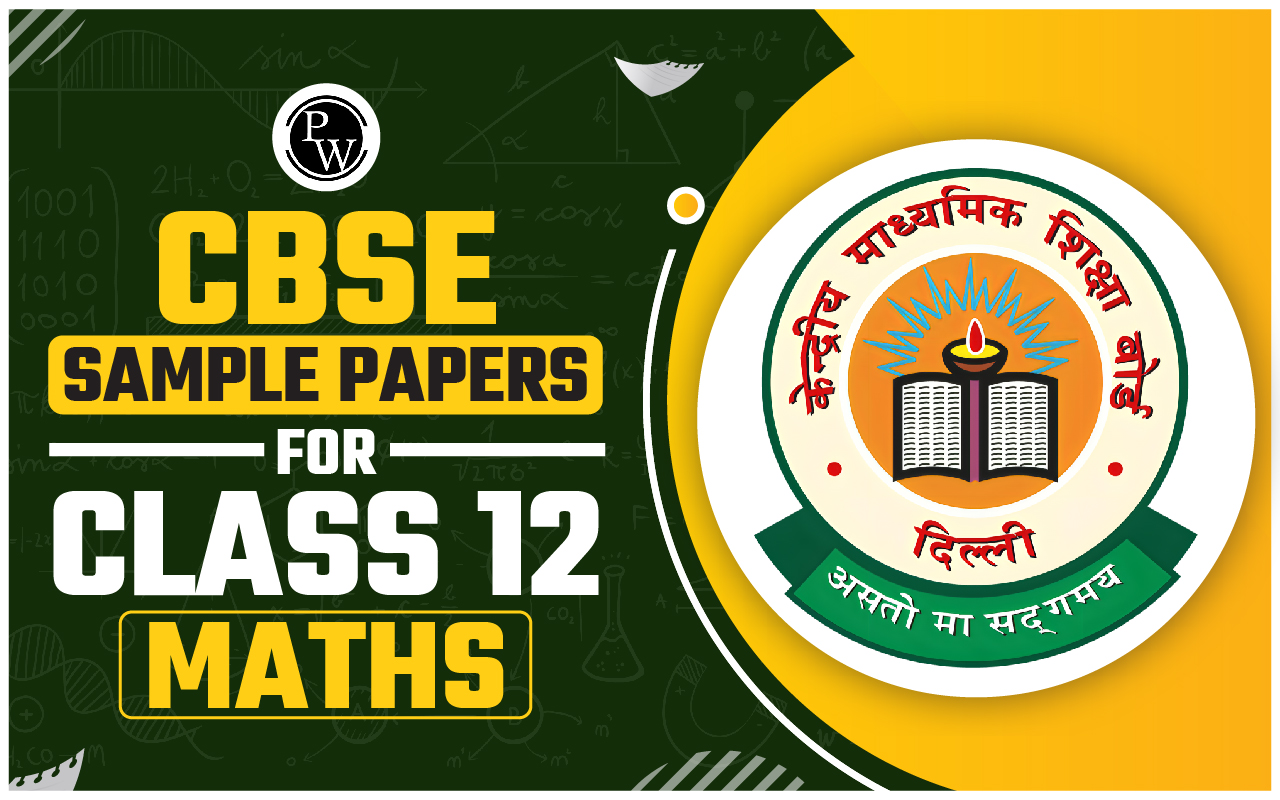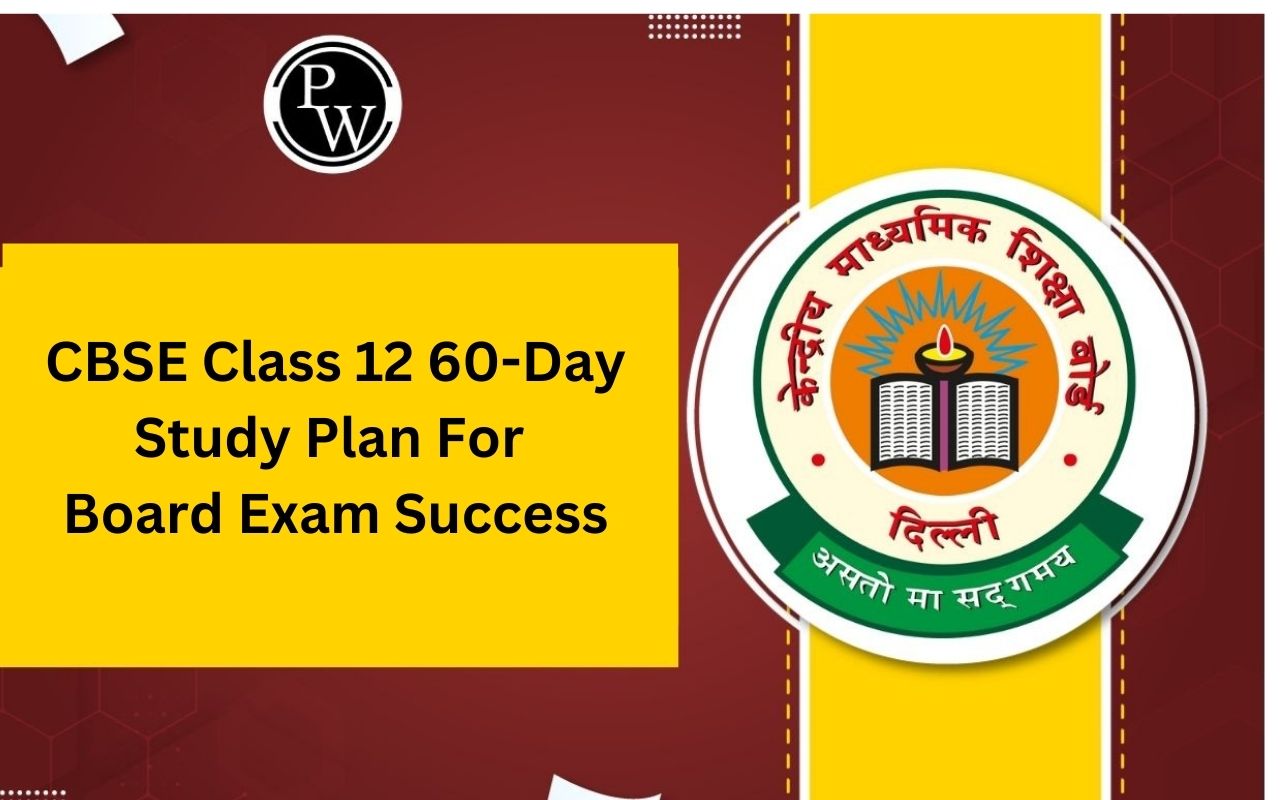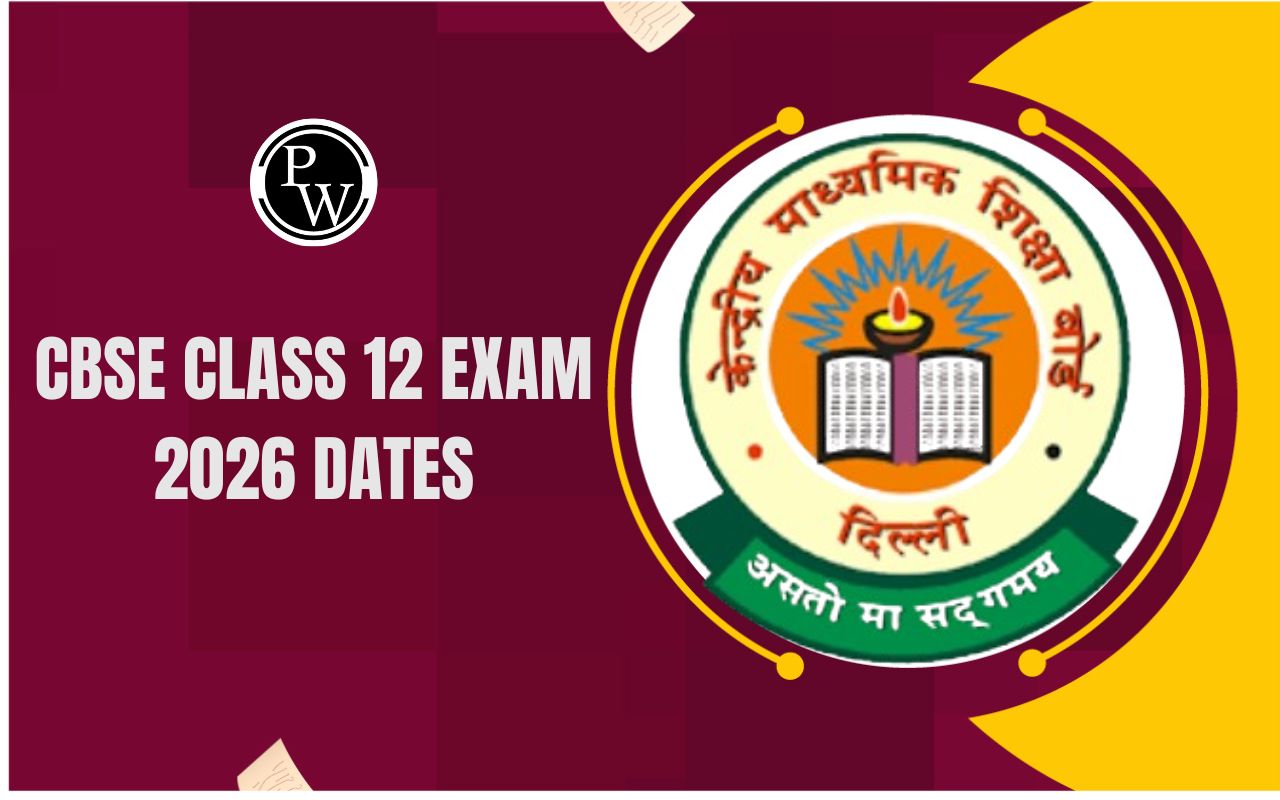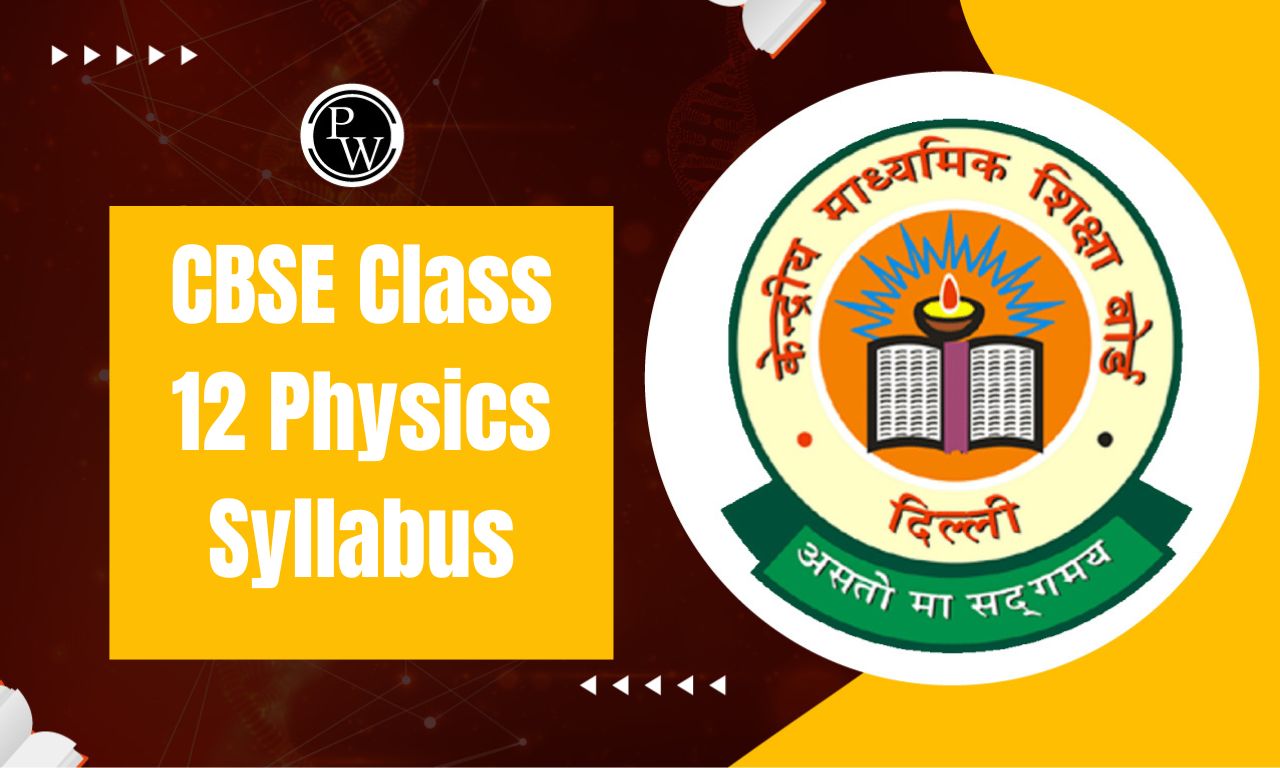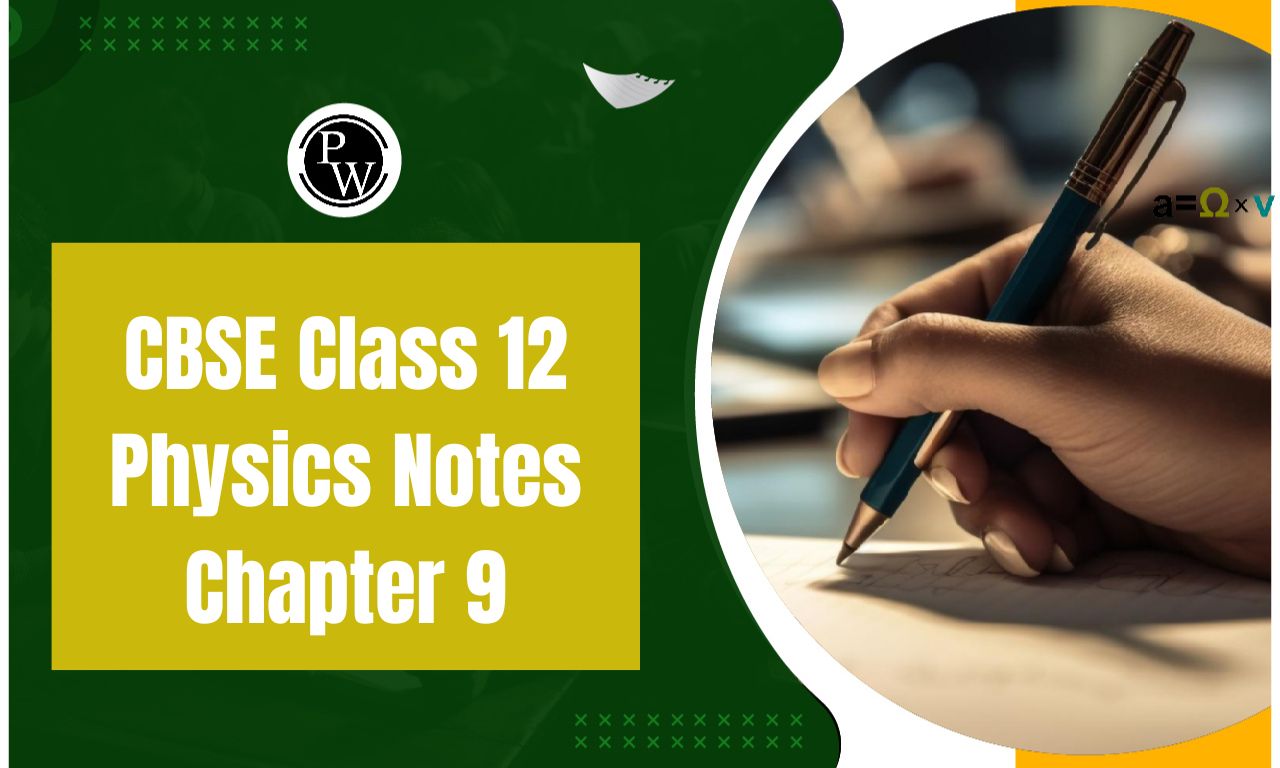
CBSE Grading System for Class 12 2025: The CBSE Class 12 Grading System 2025 follows a 9-point relative grading scale from A1 to E, based on overall student performance.
Marks are converted into grades, with A1 awarded to the top 1/8th of students, and E indicating failure. The system avoids direct percentage-based evaluation and uses statistical distribution. Students also receive a CGPA (Cumulative Grade Point Average), which can be converted to a percentage by multiplying it by 9.5.
This approach encourages holistic learning, reduces exam pressure, and aligns with NEP 2020.
CBSE Grading System for Class 12 2025 Key Highlights
Here are the Key Highlights of the CBSE Grading System for Class 12 (2025):
-
Based on a 9-point relative grading scale (Grades A1 to E).
-
Grades are awarded by comparing a student’s performance with peers.
-
No fixed mark-to-grade conversion; percentile-based distribution is used.
-
A1 is given to the top 1/8th of students, E denotes fail.
-
Grade Point Average (GPA) and CGPA are calculated for overall performance.
-
CGPA × 9.5 = Approximate Percentage (for reference only).
-
Promotes holistic learning and reduces exam stress.
-
Aligned with NEP 2020 to encourage competency-based education.
CBSE Grading System for Class 12 2025
The CBSE Grading System for Class 12 in 2025 follows a 9-point scale based on students’ overall performance in the exam.
Instead of fixed marks, grades are assigned using relative grading. This helps reduce stress and promote fair evaluation. Check the table below to understand the grade, the marks range, the grade point, and what each grade signifies.
|
CBSE Grading System for Class 12 2025 |
|||
|
Grade |
Marks Range |
Grade Point |
Description |
|
A1 |
Top 1/8th of students |
10 |
Outstanding performance |
|
A2 |
Next 1/8th |
9 |
Excellent performance |
|
B1 |
Next 1/8th |
8 |
Very Good |
|
B2 |
Next 1/8th |
7 |
Good |
|
C1 |
Next 1/8th |
6 |
Fair |
|
C2 |
Next 1/8th |
5 |
Satisfactory |
|
D1 |
Next 1/8th |
4 |
Marginal |
|
D2 |
Next 1/8th |
3 |
Needs improvement |
|
E |
Below 33% |
- |
Fail (Essential Repeat) |
How CGPA Is Calculated in CBSE Class 12 2025?
Here’s how CGPA is calculated in CBSE Class 12 (2025) in simple steps:
-
Note the grade points for your five main subjects.
-
Add all the grade points together.
-
Divide the total by 5 to get your CGPA (Cumulative Grade Point Average).
-
To find your approximate percentage, multiply the CGPA by 9.5.
Example:
Grade Points: 9, 8, 8, 7, 8
Total = 40 → CGPA = 40 ÷ 5 = 8.0
Percentage = 8.0 × 9.5 = 76%
Difference between CGPA and percentage in CBSE Class 12 2025
In CBSE Class 12 2025, CGPA (Cumulative Grade Point Average) and percentage are two different ways to show a student’s performance.
CGPA is the average of grade points earned in the five main subjects and is shown on a 10-point scale. Percentage, on the other hand, represents marks out of 100.
To convert CGPA into an approximate percentage, you simply multiply the CGPA by 9.5. For example, a CGPA of 8.0 means around 76%. While CGPA is used in report cards, many colleges still ask for percentage scores during admissions. Both help evaluate academic performance in different formats.
Key Features of the CBSE Class 12 Evaluation System 2025
Here we have provided the Key Features of the CBSE Class 12 Evaluation System 2025 in simple language:
1. Grading Instead of Only Marks
CBSE now uses a grading system where students receive grades (like A1, B2, etc.) instead of just marks. This makes the evaluation system more balanced and reduces the pressure of scoring exact marks.
2. Relative Grading System
Grades are given based on the performance of all students who appeared in the exam. This is called relative grading. For example, the top 1/8th of students in a subject get A1, the next 1/8th get A2, and so on. This ensures fair evaluation even if the exam was tough.
3. CGPA (Cumulative Grade Point Average)
-
CGPA is the average of grade points earned in the main 5 subjects.
-
It is used to give an overall idea of a student’s academic performance.
-
It is calculated using this formula:
CGPA = Total Grade Points ÷ 5
4. Conversion to Percentage
To get an approximate percentage, students can multiply their CGPA by 9.5.
For example, if your CGPA is 8.2, then your percentage = 8.2 × 9.5 = 77.9%
(Note: This is just an approximate value and not official.)
5. Focus on Concept Understanding
This system encourages students to understand concepts instead of just memorizing answers. It supports competency-based learning and aligns with the goals of the National Education Policy (NEP) 2020.
6. Reduces Pressure on Students
By avoiding exact marks and using grades, this system helps in reducing exam-related stress. Students are motivated to focus on learning and personal progress rather than competition.
Steps To Improve Your CGPA in CBSE Class 12 Exams
Here are the Steps to Improve Your CGPA in CBSE Class 12 Exams explained in a clear, student-friendly way:
1. Understand the Grading Pattern
-
Know how the 9-point grading scale works.
-
Focus on scoring consistently across all 5 main subjects, as CGPA is the average of their grade points.
2. Make a Subject-Wise Study Plan
-
Identify your weak subjects and give them more time.
-
Set weekly goals and track your progress in each subject.
3. Focus on NCERT Books
-
Stick to NCERT textbooks as CBSE questions are directly based on them.
-
Make short notes for quick revisions.
4. Practice Previous Year Question Papers
-
Solving CBSE sample papers and board papers helps you understand question patterns.
-
It improves speed, accuracy, and time management.
5. Revise Regularly
-
Don’t wait till the last minute.
-
Revise daily and weekly to retain concepts.
CBSE Grading System for Class 12 2025 FAQs
What grading scale does CBSE use in 2025?
How is CGPA calculated in CBSE Class 12?
How do I convert CGPA to percentage?
What is the passing grade in CBSE Class 12?
Is CGPA mentioned in the CBSE Class 12 mark sheet?


